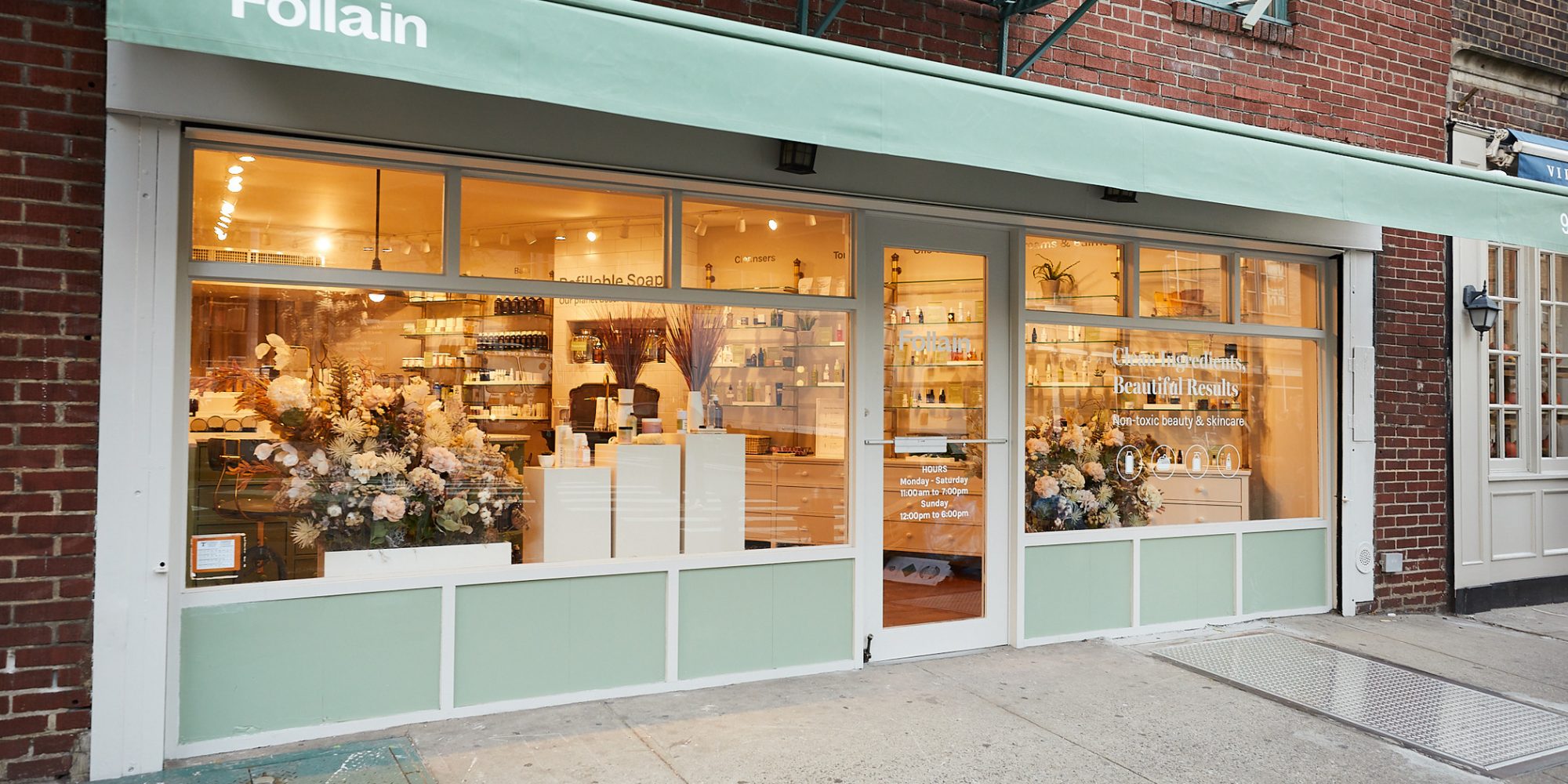
Follain’s Matchmaking Service Aims To Connect Clean Beauty Shoppers With The Best Products For Them
As one of the fastest growing categories in beauty, natural skincare is hitting store shelves at breakneck speed.
It seems like every day there are new plant-based brands, ingredients and formulations. Add contradictory studies and dubious claims into the mix, and it’s no wonder consumers can be overwhelmed and befuddled by the options. And the responsibility of sorting through that tangle has, for the most part, landed squarely on their shoulders.
That’s not to say retailers haven’t offered a helping hand—companies like Sephora and Target have created clean categories meant to guide customers to products that don’t contain ingredients they may be trying to avoid. But natural merchandise isn’t a one-size-fits-all proposition. Just because a product is natural doesn’t mean it suits your skin. Consumers often the lack information and training essential to picking the right choices for their skincare objectives.
A clean beauty retail pioneer, Follain founder Tara Foley didn’t have to sift through products after she stocked them to verify their clean credentials. Instead, she focused on educating her customers about the products that cleared Follain’s rigorous vetting process. Starting with the opening of its Boston flagship in 2013, Foley implemented what she calls “product matchmaking,” which involves sales representatives working closely with customers to identify the items that fit their skin types, routines, desired results and texture preferences. She says, “Our value as a retailer with deep insights and unbiased product knowledge is to recommend truly the best product for each customer’s needs.”
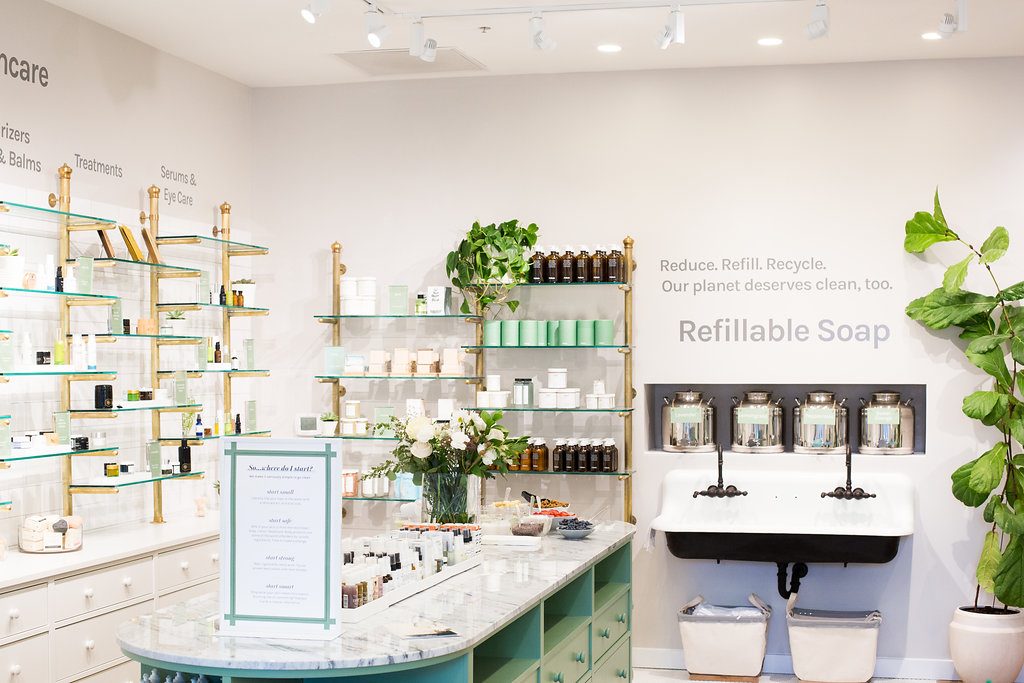
In 2018, Foley brought matchmaking to the masses, rolling out the program on Follain’s e-commerce platform via an online quiz. “Despite the fact that women in major cities know and have access to clean beauty, there are still so many others that don’t know where to begin their clean beauty journey or how to find the best products for them,” says Foley. In its online iteration, the Follain team leveraged insights from the in-store service to create a comprehensive, yet quick quiz directing shoppers to appropriate products.
“While we didn’t have marketing initiatives behind this at first, we did recognize early on that we always asked customers the same set of questions and, as customers stayed with us over time, we learned and refined the products that were working best for their skin,” she says. “Years later, we all of a sudden had a lot of information about the best clean beauty products and ingredients for specific skin types and concerns. We knew that there were so many people out there who could benefit from this information either because they didn’t have access to a store or because they were interested in trying clean for the first time.”
“Despite the fact that women in major cities know and have access to clean beauty, there are still so many others that don’t know where to begin their clean beauty journey or how to find the best products for them.”
Since the initial rollout of the quiz last year, it’s been taken over 125,000 times. Customers purchasing products after utilizing it are likely to be repeat buyers. Encouraged by the success to date, Follain is now expanding its matchmaking service and proactively marketing it. The updated quiz includes both category-level and routine-based matchmakers, and Follain plans to build it out more. “The brands, ingredients, smells and textures of clean beauty do not make for a simple one-to-one swap for someone switching over from conventional beauty” notes Foley, suggesting augmenting the quiz will make it even easier to shop clean beauty.
In theory, a convenient quiz seems like an easy fix to aid consumers in navigating natural skincare, but can an automated computer program really compare with in-person consultation? “It’s been a challenge for our team to turn a dynamic, customized, in-person exchange that may take 20 minutes into an engaging and educational, but short online quiz,” admits Foley. “Customers are in a very different mindset when they’re shopping online than when they visit a store in-person. So, we had to make it a much faster, to-the-point experience that still works.”
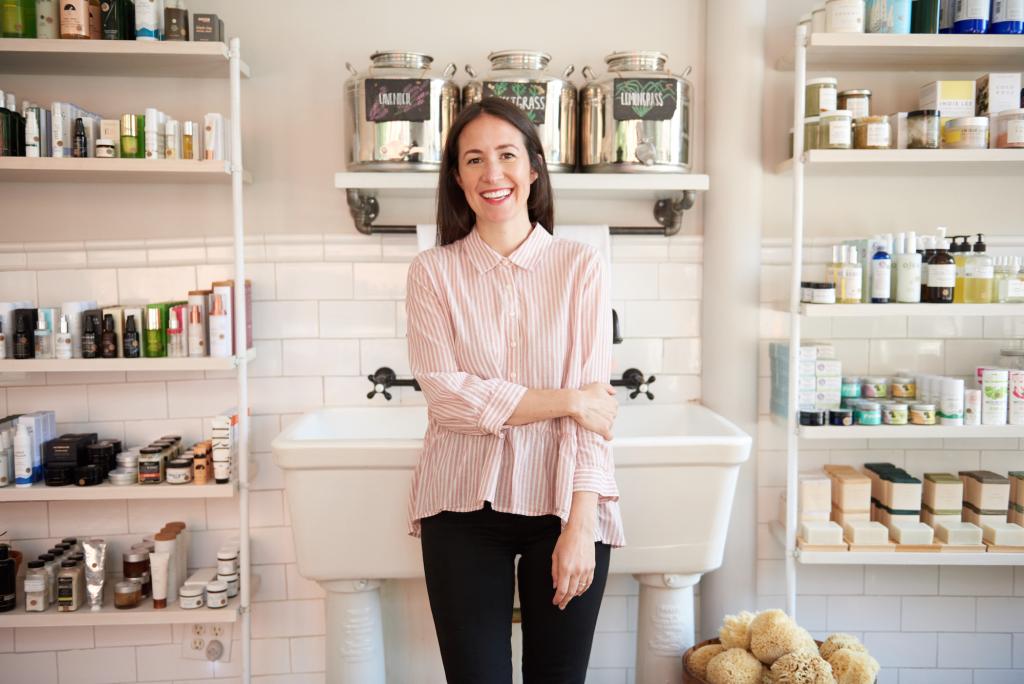
The solution Follain landed on is a dedicated team (seven and counting) of pros that function solely as digital matchmakers. Foley explains, “We’ve built out our customer service team to provide a more in-depth, 30 minute, one-on-one consultation that can be scheduled through our website or Instagram.”
Her hopes are that the initiative will not only be fruitful for Follain, but also trickle down to boost the clean beauty category as a whole. “When someone tries a clean beauty product for the first time, and it’s not a good fit, they’re likely to go back to conventional beauty products, and it is our responsibility to ensure that this never happens,” says Foley. “We believe that matchmaking like this will be imperative to help grow the clean beauty category overall, and that’s always been our goal.”
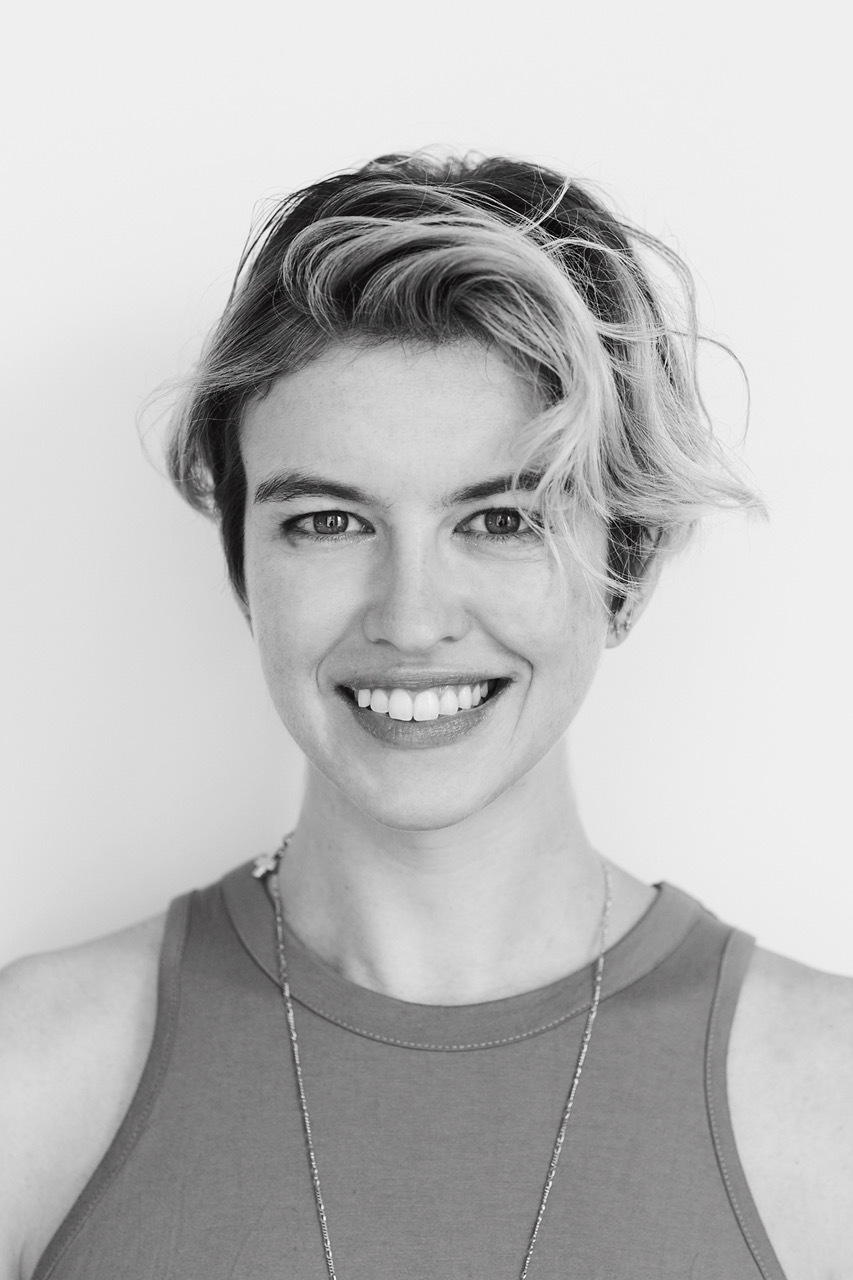
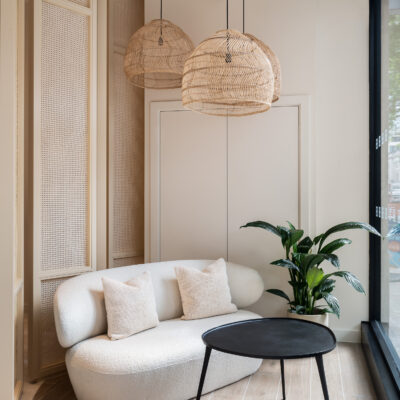
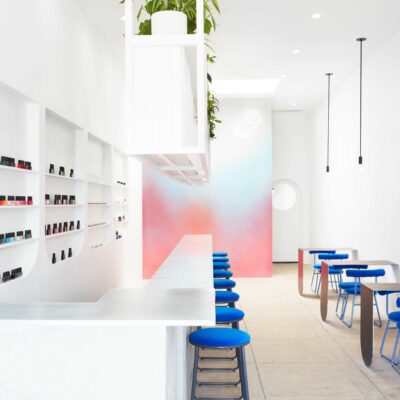
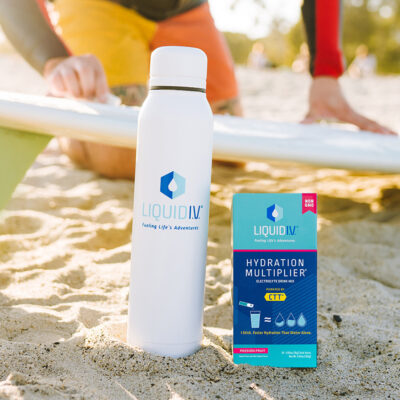

Leave a Reply
You must be logged in to post a comment.